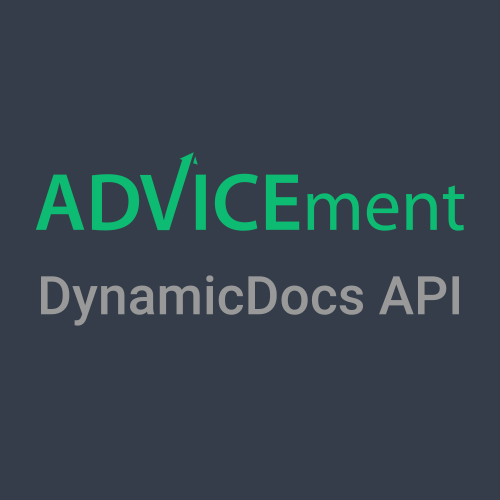Mock sample for your project: Asynchronous Speech-To-Text API Documentation
Integrate with "Asynchronous Speech-To-Text API Documentation" from rev.ai in no time with Mockoon's ready to use mock sample

Asynchronous Speech-To-Text API Documentation
rev.ai
Version: v1
Speed up your application development by using "Asynchronous Speech-To-Text API Documentation" ready-to-use mock sample. Mocking this API will help you accelerate your development lifecycles and allow you to stop relying on an external API to get the job done. No more API keys to provision, accesses to configure or unplanned downtime, just work.
Enhance your development infrastructure by mocking third party APIs during integrating testing.
Description
Rev.ai provides quality speech-text recognition via a RESTful API. All public methods and objects are documented here for developer reference.
For a real-time speech to text solution, use Rev.ai's Streaming API.
Base Endpoint
The base url for this version of the API is
> https://api.rev.ai/speechtotext/v1
All endpoints described in this documentation are relative to this base url.
Quick Start
Follow the getting started checklist
Get your Access Token
You can generate your access token on the settings page of your account. This access token only needs to be generated once and never expires. You can re-generate your token, however this will invalidate the previous token.
Submit a File
To submit an audio file for transcription to Rev.ai:
Retrying Failed Requests
Some errors can be resolved simply by retrying the request. The following error codes are likely to be resolved with successive retries.
| Status Code | Error |
|---|:---|
| 429 | Too Many Requests |
| 502 | Bad Gateway |
| 503 | Service Unavailable |
| 504 | Gateway Timeout |
Note: With the exception of the 429 status code, it is recommended that the maximum number of retries be limited to 5 attempts per request. The number of retries can be higher
for 429 errors but if you notice consistent throttling please contact us at.
Other APIs in the same category
NLPCloud

FunTranslations Braille API

Ex Libris APIs
Einstein Vision and Einstein Language

Poemist API
UUID Generation API

Oxford Dictionaries

DynamicDocs
The template files are stored in your dashboard and can be edited, tested and published online. Document templates can contain dynamic text using logic statements, include tables stretching multiple pages and show great-looking charts based on the underlying data. LaTeX creates crisp, high-quality documents where every detail is well-positioned and styled.
Integrate with ADVICEment DynamicDocs API in minutes and start creating beautiful dynamic PDF documents for your needs.
For more information, visit DynamicDocs API Home page.
Exude API Service
Palabras aleatorias
Pirates API

Handwrytten API
Using this api, you can send cards to users. You can also customize cards with logos, which
can be saved and then used like any other card in the system.
For a "sandbox" account, please contact [email protected]
To move from credit card per-transaction to monthly invoicing, also contact us.
https://www.handwrytten.com